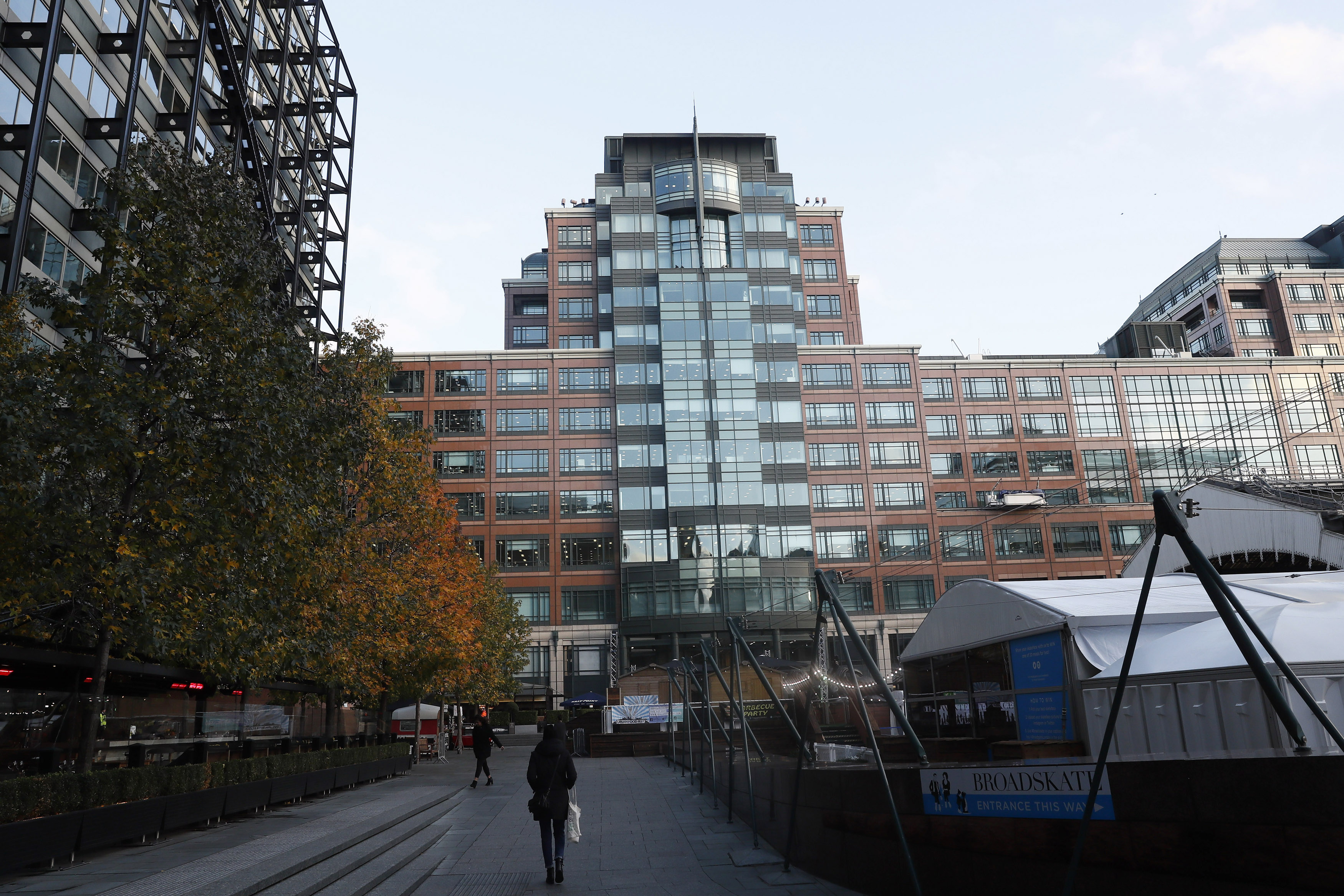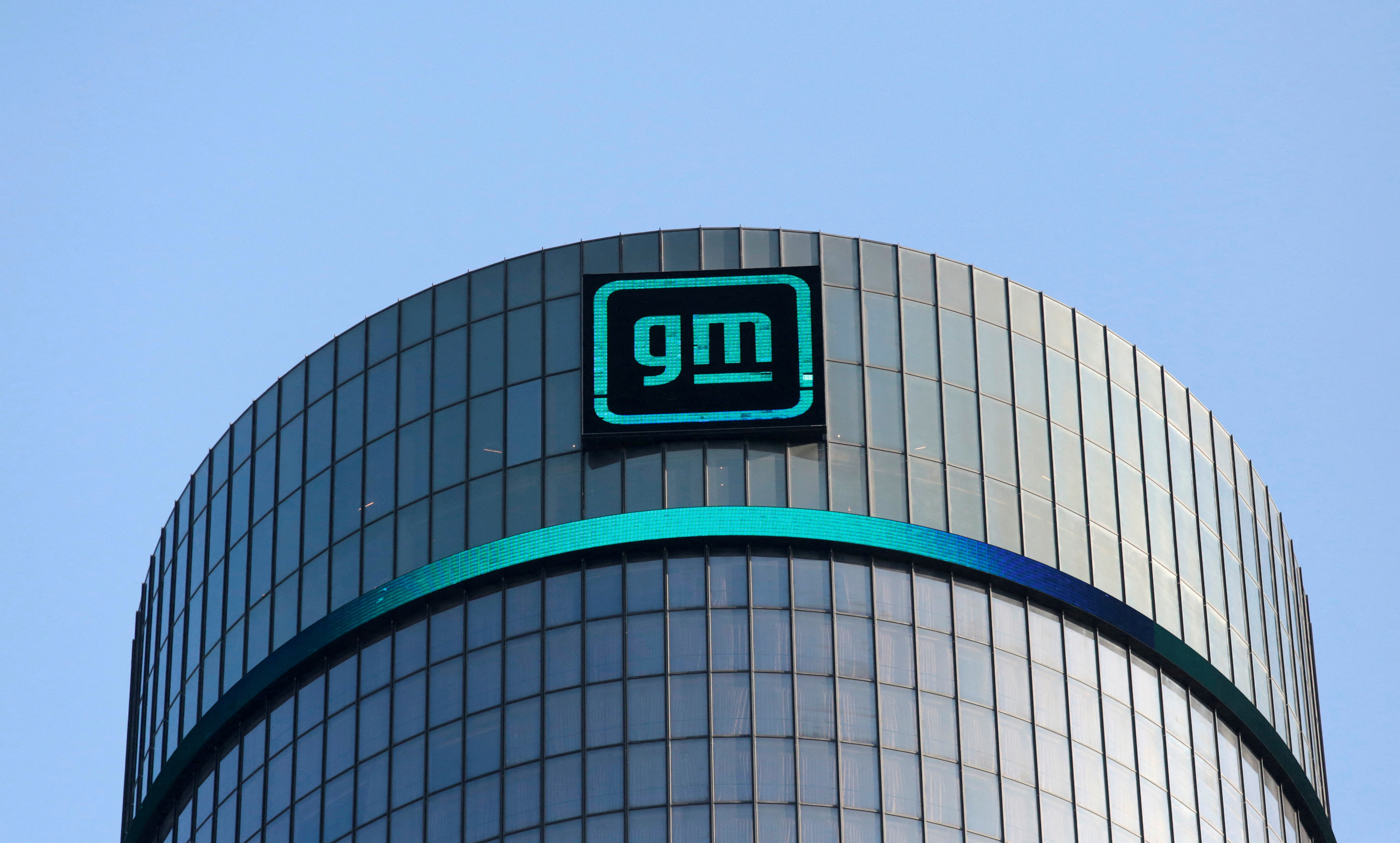EU accession prospects more important for Ukraine reconstruction than money, EBRD chief economist says

FILE PHOTO-The headquarter of the European Bank for Reconstruction and Development (EBRD) is seen in London, Britain, November 22, Britain 2016. REUTERS/Stefan Wermuth/File Photo Acquire Licensing Rights
BRUSSELS, Sept 6 (Reuters) - The prospect of joining the European Union is more important for Ukraine's reconstruction after war than money which the European Union and other donors could provide, the European Bank for Reconstruction and Development's chief economist said.
Beata Javorcik said that according to EBRD research of 200 years of wars around the globe, the three key elements for a country to rebuild itself after wartime destruction were money, human capital and institutions.
"Money explains only about 10% of the variation of the speed of reconstruction," she told Reuters on the sidelines of a Bruegel think-tank conference. "It is not money, or not only money, it is institutions. The perspective of EU accession is key for (Ukraine's) reconstruction."
The EU granted Ukraine candidate status in June 2022 but will start membership negotiations once Kyiv meets more of the preconditions set by the EU. Membership negotiations themselves are likely to take years, but Ukraine might reap some economic benefits of its candidacy much earlier through some form of access to the EU's single market.
The World Bank estimates the cost of rebuilding the damage of the Russian invasion in Ukraine at $411 billion, Javorcik said, a sum too large for governments alone to come up with.
Private capital is keen to invest in Ukraine's reconstruction once the hostilities end, she said, but for the money to flow, Ukraine will need strong institutions that will inspire the confidence of private capital.
EU membership would provide such a strong institutional framework because Ukraine would have to adopt a whole set of EU rules already in place in EU countries in the judiciary, law enforcement, human rights, economy, competition and other areas.
"The biggest benefit of the EU accession process is that it removes the need for a national debate, whether you want reforms to go this way or that way, because where you need to get is predetermined," Javorchik said.
"And it makes it difficult to derail the process, because it is a commitment that's done, it's made with high rates of approval in the society, a high rate of buy-in, and the fact that you limit the ability of derailing the process is enormously valuable," she said.
Reporting by Jan Strupczewski; editing by Mark Heinrich
Our Standards: The Thomson Reuters Trust Principles.




